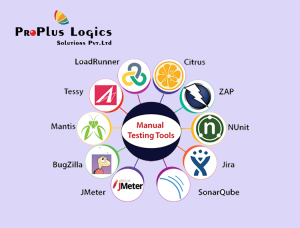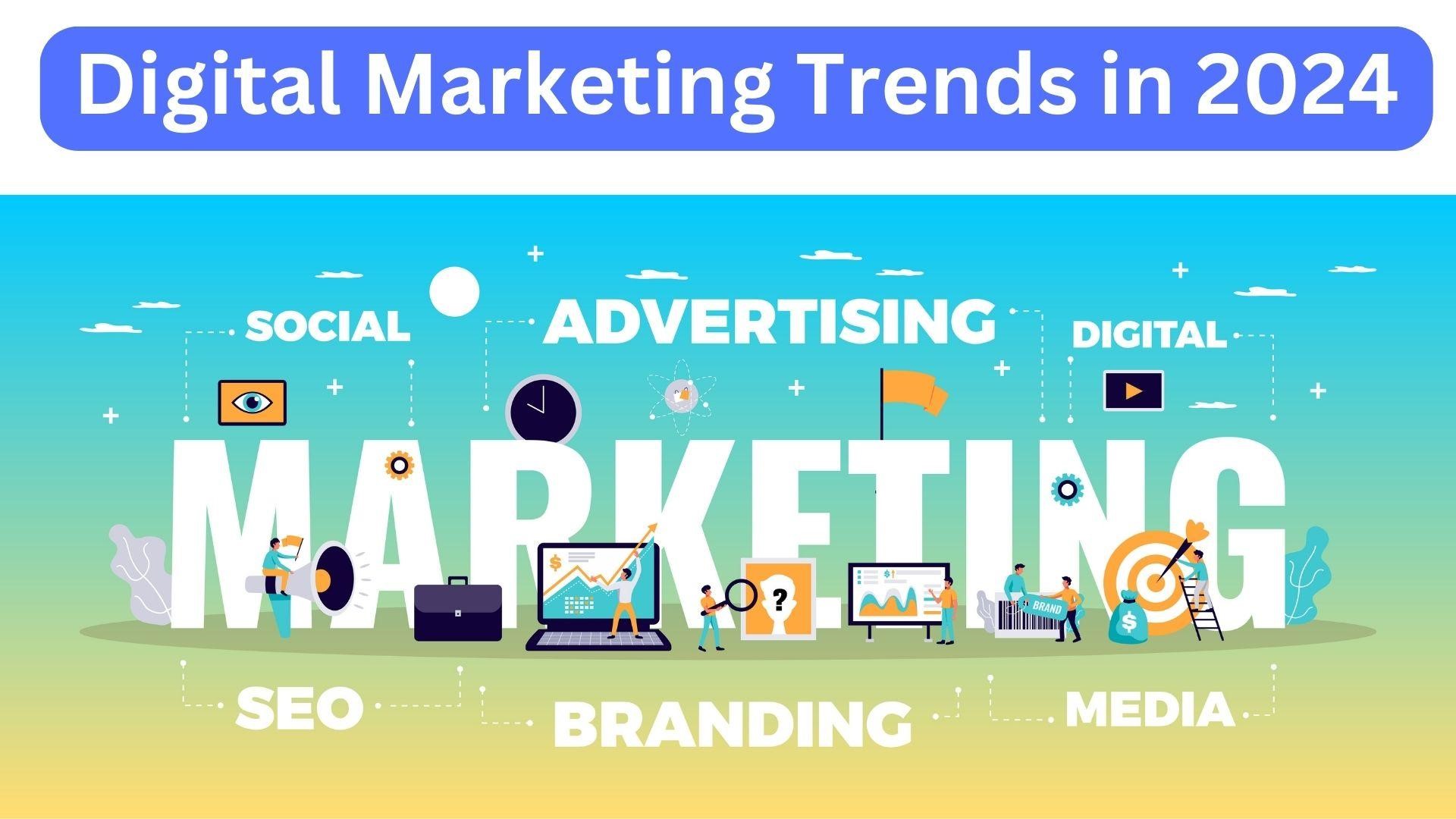Today, mobile apps have become a crucial part of every business. However, not every business with a mobile app is successful. Bringing up an app to market requires sustainable research and strategy to make your app successful.
Before you jump on to the details of the development process, there might be a few questions running through your mind like “Is the mobile app good for my business?” or” Why a mobile app?”.
In order to clarify your doubt, we have curated the 10 most common questions regarding mobile that will help guide your decision-making process and determine the appropriate mobile strategy for your business.
Let’s get started.
1. Are websites not good enough?
Your business objectives should determine whether you should develop a mobile app or a mobile website. Mobile websites may be the best choice if your objective is to offer mobile-friendly content to a wide range of people. A mobile website can be an effective way to reach your audience at a lower cost; however, users have high expectations for quality and functionality that a mobile website may not be able to meet. When performance or usability issues arise, users may become easily frustrated. Poor user experience is a result of factors such as long loading times, small images, lack of information, and unreliable networks. Users have to work too hard to interact with your brand.
Apps are a great way for you to engage, interact, and communicate with your customers. You can use an app as a personalized communication tool, taking advantage of the user’s interests, location, and usage behaviour. With personalized, in-app content, your brand can derive greater customer loyalty over time.
Many times, it may be necessary to have a mobile app as well as a mobile website. This can be an effective and valuable choice if done correctly. It’s not just a matter of using a mobile website or app when it comes to your brand’s mobile strategy. Rather, it’s a matter of combining these two approaches.

2. Should I choose Web, Native or Hybrid Development?
Choosing the right technology depends on your brand objective and overall business goals that you like to achieve. However, this decision might make or break your business.
So, below, I have listed down some of the various factors that you should consider before determining the technology to use for your app.
(i)Native app
Native apps are specially designed for specific platforms. As a native app is built specifically for a device and its operating system, it can take advantage of device-specific hardware and software. Apps built using native technologies provide improved performance and can take advantage of the latest technology, such as GPS, compared to apps developed as web apps or mobile cloud apps.
Advantages of Native App
– Compared to other development technologies such as web apps and hybrid apps, Native app offers optimum performance.
– Due to the fact that the native app uses the capabilities of the device, it offers more functionalities compared to other development approaches.
– As far as user input and output are concerned, native apps are interactive, intuitive and run more smoothly.
– Native apps offer a better user experience than web apps or hybrid apps. Due to the UI guidelines and standards specific to each mobile operating system, the flow is more natural to the user.
Disadvantages of Native App
● Native apps incur higher upfront costs than web or hybrid apps.
● Native apps use difficult programming languages that require experienced developers.
● These apps are not recommended for simple applications.
(ii) Web App
Web apps are not really mobile applications. They are responsive websites that look and feel like mobile apps. They run on browsers and are typically written in HTML5.
Due to the popularity of the internet, there is a huge rise in the development of web apps development in recent years. Many businesses find web apps to be the more convenient and affordable way to reach their audience. Since it’s platform-independent, it allows the user to access the app anywhere, anytime.
Despite being easier to build, Web Apps are often much slower. For a company seeking to create an interactive and intuitive experience, web apps are not recommended.
Advantages of Web App
– They are less expensive compared to native apps.
– Users don’t need to go through the effort of updating the application every single time. A new version of the web app will be loaded when a user opens the browser.
– Web apps are platform-independent, they can run on all operating systems as long as you have the appropriate browser.
– Web apps are easy to develop and maintain since they use a joint code base across multiple mobile platforms.
Disadvantages of Web App
– Web apps are less intuitive, slower and responsive compared to other technologies.
– When it comes to leveraging hardware and device features, web apps offer much less scope.
– Users use different web browsers, which makes gathering usage trends and performance metrics for a product roadmap more difficult.
– Because web apps are not listed in app stores, they have poor discoverability.
(iii) Hybrid Application
Hybrid apps are a combination of both native apps, and web apps (because of which many people incorrectly call them “web apps”). Unlike native apps, they exist in an app store and are able to access all the device features. These apps rely on HTML being rendered in a browser, though the browser is embedded within the app.

Advantages of Hybrid App
– Since single code is used for multiple platforms, it drastically cuts down the development cost.
– A hybrid app has access to a device’s internal APIs and hardware.
– The hybrid app only requires one codebase.
Disadvantages of Hybrid App
– A hybrid app is much slower than a native app.
– Hybrid apps rely on third-party platforms to deploy their app wrappers.
– Customizing an app requires more money from hybrid development, so it would be best to develop native apps.
3. Should I outsource my mobile app?
A company starting an app development process has many issues to address, the first being “Who will develop the product?”.The advantages of outsourcing mobile app development include experience and expertise, training in new trends and technologies, and flexibility of the source.
Every year, the demand for mobile apps grows and IT departments are struggling to keep pace. There will always be a limit to how much an internal team can accomplish in a given timeframe. When your company is already overwhelmed with internal projects, outsourcing development can ensure your project gets the support it needs. Finding the right people is one of the biggest challenges in enterprise app development. Sometimes, enterprises don’t have the necessary resources for in-house app development and hiring for the required roles in building an app is becoming increasingly difficult.
6. Signs that You need to outsource the project
– If your internal IT team is busy with existing projects.
– Need to invest in additional resources or infrastructure to complete the project.
– Running short of budget to expand the team.
– If you can’t commit your team to the long term management of maintaining the app.
– Mobile app development is not your forte.
– Your existing team doesn’t have the required skillset.
4. Why you should look for a professional Mobile App development company?
It’s a smart idea to look for a vendor who specializes in mobile app development rather than one who only offers it as an ancillary service. These companies usually employ agile development methodologies and emphasize UX/UI design heavily, and possess strong technical capabilities as well as platform expertise.
It is important that you look at a development team’s portfolio when you are evaluating them. Perusing verified reviews and relevant case studies from credible sources is the best way to make an informed decision. It is also advisable to inquire about previous projects. Finding out whether past projects have met the expectations of clients they have worked with, is the best way to determine if the potential team is a good match for your project.
5. Which should I prefer – Manual testing or automated testing?

In the short run, manual testing is cheaper and provides visual feedback. In addition, you get real human feedback from your real users, which is very valuable. Typically, manual testing is used for exploratory and usability testing. When it comes to exploratory testing, testers need knowledge, experience, logical skills, and intuition. Human ability is needed to execute the testing process in this scenario. Usability testing also requires human consideration. The purpose of this type of testing is to determine how well the software is able to resolve the pain points of users. Manual testing is the best method for this type of testing. Since ad-hoc testing is completely unplanned, there is no specific approach. The insight and knowledge of the tester is the only significant factor for this type of software test.

Automation improves speed and efficiency, enables reusable testing for code, and helps you gain a better understanding of app performance. When performing regression, performance, load, and repeated testing, automated testing is the preferred method. A good idea is to have both automated and manual testing performed on your app.
6. How much does it cost to develop a mobile application?
A variety of factors affect the cost of developing an app, including project size, technical complexity, and choice of development partner.
Plan and manage your project appropriately to keep scope creep at bay, control development costs, and make sure you achieve your Return on Investment (ROI) quickly. From the early conceptualization stages to subsequent releases, your mobile app should be managed in three key areas. Controlling these three areas gives you greater control over your project’s cost:
1. During product discovery and design, connecting product features and functionality with user pain points.
2. To ensure mobile features are built without error.
3. Focusing on the original product goal as much as possible when changes occur in development.
In order to meet user needs and maintain satisfaction over time, mobile app owners should diligently oversee these three areas of development. Furthermore, such an approach to product management helps maintain development costs while ensuring the overall business objective of the application is met.
 " alt="">
" alt="">










